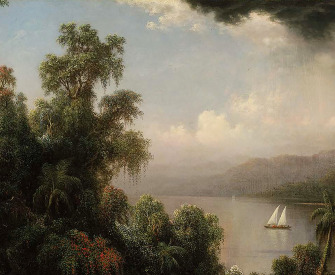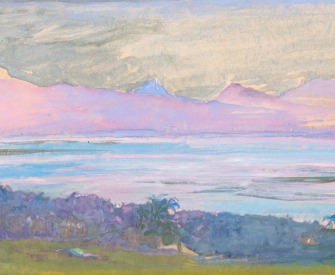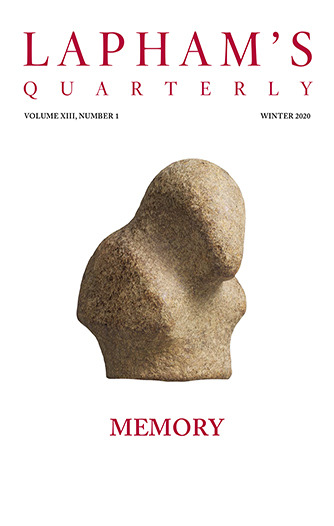There is one story of the wars of Rome which I have always very much envied for England.
Germanicus was going down at the head of the legions into a dangerous river—on the opposite bank the woods were full of Germans—when there flew out seven great eagles which seemed to marshal the Romans on their way. They did not pause or waver, but disappeared into the forest where the enemy lay concealed. “Forward!” cried Germanicus, with a fine rhetorical inspiration, “Forward! And follow the Roman birds.” To appropriate the eagles as fellow countrymen was to make imaginary allies of the forces of nature; the Roman empire and its military fortunes—and the prospects of those individual legionaries now fording a river in Germany—looked altogether greater and more hopeful. It is a kind of illusion easy to produce. A particular shape of cloud, the holiday of some particular saint—anything, in short, to remind the combatants of patriotic legends or old successes may be enough to change the issue of a pitched battle, for it gives to the one party a feeling that right and the larger interests are with them.
If an Englishman wishes to have such a feeling, it must be about the sea. The lion is nothing to us; he has not been taken to the hearts of the people and naturalized as an English emblem. We know right well that a lion would fall foul of us as grimly as he would of a Frenchman or a Moldavian Jew, and we do not carry him before us in the smoke of battle. But the sea is our approach and bulwark; it has been the scene of our greatest triumphs and dangers, and we are accustomed in lyrical strains to claim it as our own. To suppose yourself endowed with natural parts for the sea because you are the countryman of Blake and mighty Nelson is perhaps just as unwarrantable as to imagine Scottish extraction a sufficient guarantee that you will look well in a kilt. But the feeling is there and seated beyond the reach of argument. We should consider ourselves unworthy of our descent if we did not share the arrogance of our progenitors and please ourselves with the pretension that the sea is English. Even where it is looked upon by the guns and battlements of another nation we regard it as a kind of English cemetery, where the bones of our seafaring fathers take their rest until the last trumpet—for I suppose no other nation has lost as many ships, or sent as many brave fellows to the bottom.
From “The English Admirals.” Once recalling that his childhood was “full of fever, nightmare, insomnia, painful days, and interminable nights,” Stevenson as an adult did not fare much better, suffering from a chronic lung disease that led him to seek out healthful environments: he spent two winters in Davos, Switzerland, where he completed Treasure Island in 1881, and sailed to Polynesia in 1888. He spent his final years in Samoa, where he became known as “Tusitala” (Teller of Tales), and died at the age of forty-four in 1894.
Back to Issue





